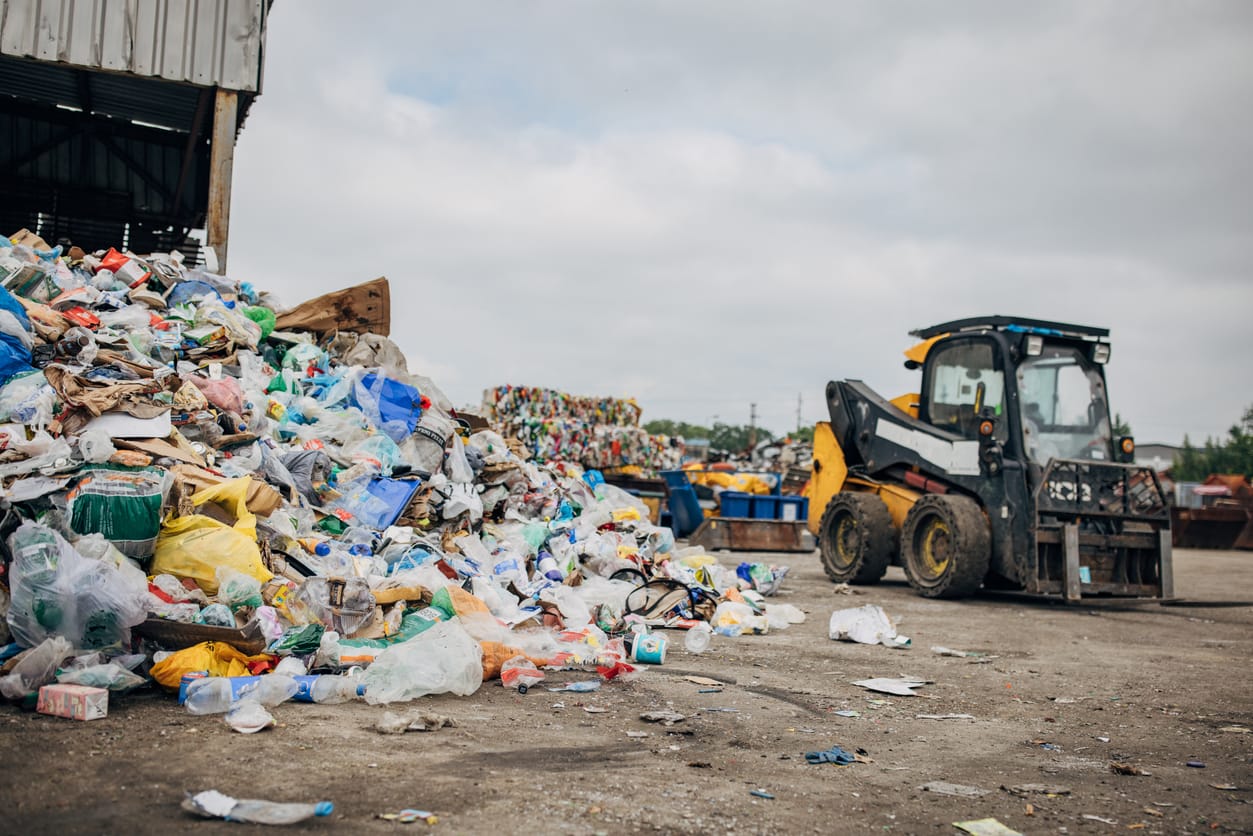Pick from our related articles...
You can find us on
Keep yourself up to date with Let's Recycle It latest news
British Banks Face Growing Green Pressure
UK Banks
British banks have been facing growing pressure from climate activist groups to step up their commitment to fighting climate change. Many major banks are beginning to launch climate change products, as well as tightening up their lending requirements. These actions are being taken in an effort to quiet the swelling criticism they have been receiving due to their failure to operate in a more environmentally conscious way.
Many of the UK’s largest banks, including HSBC, Barclays, Lloyds and NatWest, issued statements in 2020 affirming their commitment to reducing their carbon footprint. However, many have been unimpressed by their lack of follow through, and critics have taken aim particularly at HSBC and Barclays due to their financing of fossil fuel firms.
The head of policy and advocacy for Positive Money Simon Youel said, “UK banks have talked the talk on climate, but their actions have fallen short”.
Retail-focussed lenders have not yet come under quite the level of criticism major UK banks such as HSBC and Barclays have. Regardless, many of them are trying to address the emissions from their mortgage lending to get ahead of the issue before they too come under fire. Dutch firm ABN Amro has even claimed that their mortgage ebook is responsible for more greenhouse emissions than their lending to mining or industrial firms is.
Other banks such as Lloyds and NatWest have restated their pledges to halve their overall emissions from mortgage lending. Although, they have done so without actually working out what their emission levels are – or at least without releasing the figure.
Commenting on this, Simon Youel said, “The government wants disclosure to be mandatory across the whole economy by 2025 anyway, [so] banks should have done this already”.
Some banks are acknowledging their complacency on the climate change issue, with Barclays chairman Nigel Higgins saying to the Financial Times, “If you wind the clock back, we along with lots of other people… have been slower than, with hindsight, we should have been to address the climate challenge.
“Nobody can be happy looking at where we are today and be pleased with the amount of progress we’ve made since this topic first moved centre stage.”
Climate Change
The UK is scheduled to host the UN COP26 climate summit in Glasgow in late 2021, and many predict this will cause the pressure being put on banks to greatly intensify as the year goes on.
Bankers for Net Zero is an initiative backed by an influential group of MPs, and in December of 2020 it began pressuring banks to sign up to a list of climate change commitments that it describes as being “the most ambitious in the world”. A month prior to this, Chancellor of the Exchequer Rishi Sunak MP stated that the banking industry is both expected and required to be a “critical enabler” of the UK’s efforts to shift towards net zero carbon emissions.
Many bankers are pushing back against this, warning that banks will struggle to meet what is being required of them if they are left to do it all on their own.
One executive said, “The UK needs to put in place the right infrastructure and environment to allow companies to do the things they need to do.”
Nevertheless, the overarching attitude form the banking sector is optimistic; they are generally confident they will be able to increase the rate at which they reduce their carbon emissions and meet their other climate change objectives. This optimism is due in large part to the announcements and new product launches they have planned for 2021.
Barclays have announced a brand-new group of policies which will bring the firm’s spending into alignment with the Paris Agreement. These policies will include a “carbon limit” that will decrease gradually year by year to allow the bank to reduce its emissions in a manageable and sustainable way. It is also claimed that these policies will help to accelerate the transition to a low carbon economy despite the bank’s refusal to put a stop to financing fossil fuel companies.
As part of the firm’s rebrand, NatWest cemented combatting climate change as one of its central pillars. They have done this alongside the launch of their first “green mortgage”, which offers lower interest rates to borrowers who are buying energy-efficient properties.
Lloyd Cochrane, head of mortgages at NatWest, said, “The green mortgage for new customers was the firstpriority because it was a relatively simple change, but we’re working on how we can help our 1.2 million existing customers.”
Lloyds bank has been funding the renewable energy sector for a significant period of time, but in terms of retail banking their early efforts have been focussed on online services. They have a range of online banking tools designed to encourage property buyers, be they homeowners or investors, to take action themselves to be more sustainable. The bank will release further plans with specific data concerning its emissions in February 2021.
Lloyds is not only the country’s largest mortgage provider, but it is also the country’s largest provider of financing for automobiles. One item on a list of actions Lloyds has planned is to increase the amount of funds it makes available for financing in the electrical automotive sector.
Smaller banks are also joining the green banking effort; in January 2021, Oxbury Bank will open the first carbon-offset savings account, the Oxbury Forest Saver, and will used the money savers would have typically generated in interest to fund tree planting schemes.
Tory MP Kevin Hollinrake said, “Over the past year the banking sector has made progress in acknowledging its role in climate change and making high level commitments… But this has only taken us to the start line. The hard work now begins, and we cannot underestimate the scale of the challenge ahead.”
Kevin Hollinrake MP is the chair of the all-party parliamentary group on fair business banking and has been arguing that banks need to provide more regular information on the impact their lending has, as well as needing to update the methods they use to measure risk.
Sustainable
The UK banking sector is one of the largest industries in the world and seeing such titans commit themselves to the climate change cause is very promising. It is hoped that where these giants lead, others will follow; however, we must not become complacent and begin to think the little progress made so far is enough. We must keep holding the banking sector, as well as the wider UK economy, to account for the toll it takes on the environment. We must keep the forward momentum going for years to come if we hope to achieve the future-proof circular economy we know is possible.
At Let’s Recycle It, we have a clear image of the sustainable future we hope to build. We would like to see the major UK banks committing to making funds available for investment in the UK’s recycling infrastructure. Recycling is our business, and we know that a relatively small amount of investment now will lead to enormous gains over the coming years and decades. We want the UK to lead the way in green innovation, and now is the time to act.
Follow us to stay up to date on our latest news
If you would like to receive our newsletter to keep up to date with Let’s Recycle It news and to receive marketing information regarding our services, please let us know:


